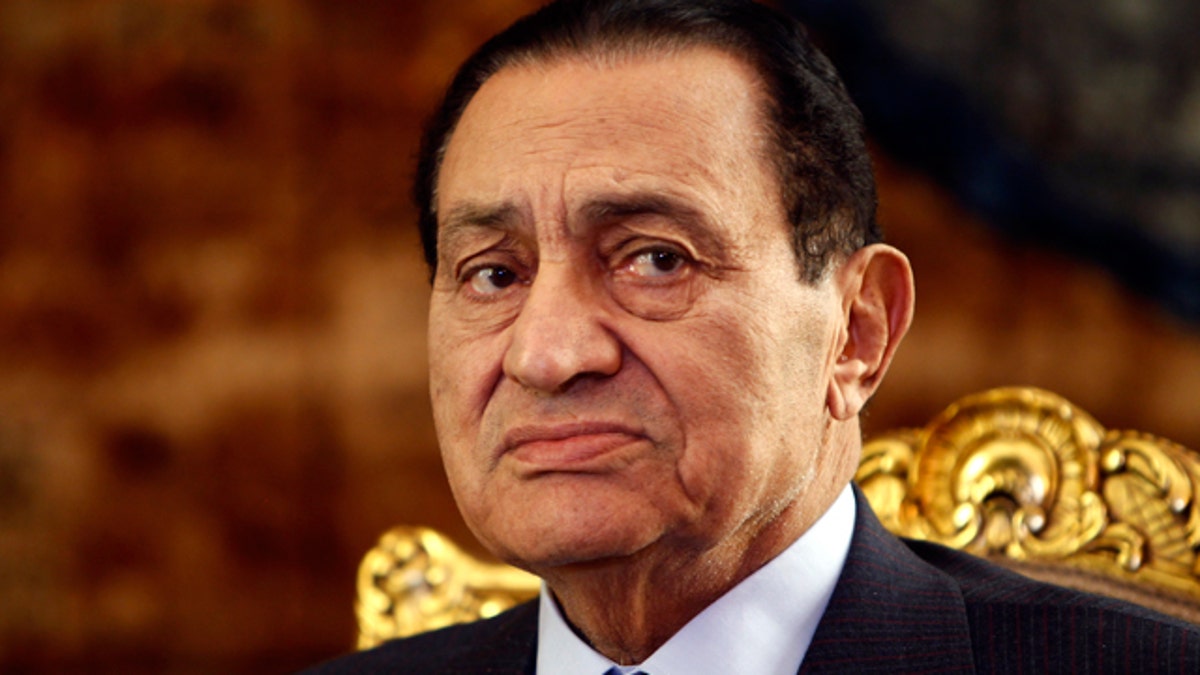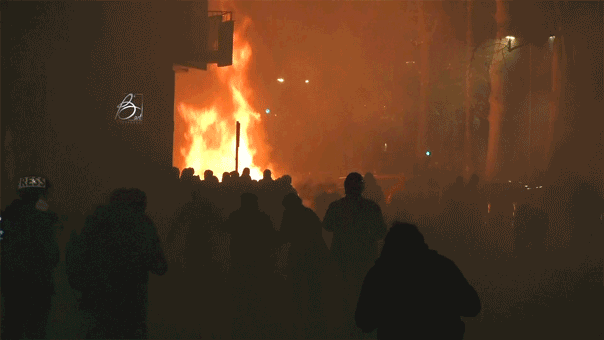
While President Mubarak has repeatedly vowed never to leave Egypt and to die in his native land, he may be forced to end his days in exile the longer he clings to power and the more violent the protests against him become.
Diplomats and Egyptians say that as of Friday morning, President Mubarak was still determined to stay in power and oversee a transition to new elections in the fall to "avoid chaos,” as Mubarak told ABC's Christiane Amanpour.
But were he to change his mind and leave, the associates and the diplomats said, Mubarak, despite his desire to remain in Egypt, might be unable to remain in internal exile unless he was granted immunity from prosecution and received a guarantee that his assets would not be touched.
On Thursday, Egyptian prosecutor general Abdel Magid Mahmoud banned three former ministers and a senior ruling party official from leaving Egypt. The former ministers of Interior, Housing and Tourism, as well as Ahmad Ezz, a wealthy official from the ruling National Democratic Party, were all ordered to stay in Egypt. Their assets were also frozen, the Egyptian press reported.
It is unclear where Mubarak would go were he to flee Egypt. Anti-Mubarak protesters have joked that there is an air-conditioned villa awaiting him in a "gated community for former dictators" -- with plenty of additional villas -- in Saudi Arabia, a reference to the country that took in Tunisian president Zine el-Abidine Ben Ali after he resigned under pressure last month in response to massive street protests. Ben Ali was said to have initially sought refuge in France, which reportedly denied him entry.
But one well-connected Egyptian said that Mubarak might prefer to negotiate a new home in Bahrain, since he and the king of Bahrain, Sheikh Hamad Ibn Isa Al Khalifa, are long-time friends and allies. "He trusts the king of Bahrain completely," said the associate of many years.
An American diplomat who knows the president well said that Mubarak might choose to live in Paris, since he spent time in the city before traveling on to Heidelberg, Germany for medical treatments -- once several years ago prior to back surgery, and more recently to be treated for what was rumored to be cancer, though the president’s spokesman has never revealed the nature of Mubarak's illness.
In an apparent effort to spark even greater resentment against him, Al Jazeerah reported early in the week that Mubarak was likely to seek refuge in Israel. Israeli officials strongly denied that this was a realistic possibility.
Nor was he likely to seek asylum in the United States, another official said, especially given what is said to be his fury over President Barack Obama’s increasingly transparent campaign to persuade the Egyptian military and security establishment to remove his from his post.
If Mubarak were to choose to stay in Egypt, as he has repeatedly vowed to do, it is unclear where he would go. Although he has often spoken nostalgically about his humble origins and his home in the small village of Kahel-el-Meselha in the Nile Delta, almost no one says he would return there. Rather, it is far more likely that he would try to make his home in Sharm el Sheikh, a sea-side resort in the Sinai where he has increasingly preferred to spend time. Mubarak and his family have lived either in the spacious presidential palace near the sea, or sometimes occupying an entire floor of the Movenpick Hotel, a popular tourist destination in the center of Sharm el Sheikh.
One diplomat who knows Egypt well said that Mubarak's ability to stay on in internal exile would have been much simpler had he negotiated the terms of his exit from the job he has held for almost 30 years before, or at the beginning of the crisis.
"That's when he had maximum leverage," the diplomat said. "Now he has almost none."








































